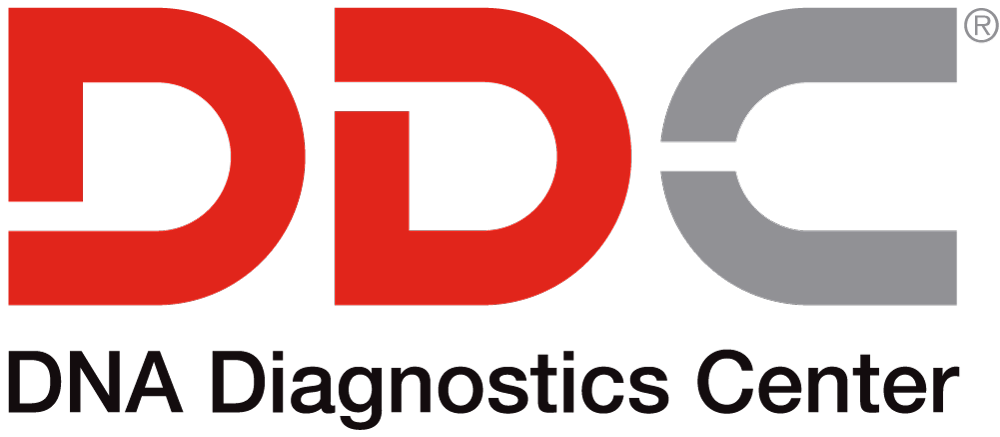JUNE 16, 2023
The Gender Blood Test Options Explained

As you anticipate the arrival of your little one, you may have questions about when it’s possible to determine your baby’s gender. You may even be considering a gender blood test. Every parent is different, with some wanting the sex to be a surprise at birth, while others prefer to know as soon as possible.
Are you “team green”, or ready for the gender reveal the minute the pregnancy test is positive? There are several choices available to parents who want to know their baby’s gender. Below we will explore options like blood tests, ultrasounds, and other approaches. Discover the processes of these different gender tests and learn about their advantages and drawbacks.
Ultrasound Testing
For many expecting parents, a standard ultrasound is the test that comes to mind when determining the gender of their baby. An ultrasound emits high-frequency sound waves that pass through the body and bounce back to create an image of the internal structures.
The ultrasound usually takes place around the 18th-20th week of pregnancy when the baby’s urinary system and other organs have developed more extensively. But in many cases, the external sex organs are not easy to see during this initial ultrasound. If the baby happens to be turned, or the legs are positioned in a way that makes the gender challenging to determine, you will need to schedule a follow-up appointment and try again.
One thing for expecting parents to consider is that the primary purpose of your 18-20th week ultrasound is not to determine the gender of the baby but to check development and health. Learning their gender is more of a bonus!
Non-Invasive Prenatal Testing
Non-invasive prenatal testing, also known as NIPT, is a type of genetic blood testing offered to some pregnant women, typically after their 10th week of gestation, with results early in the second trimester.
A NIPT test will analyze a sample of the mother’s blood to detect the presence of specific genetic markers associated with chromosomal abnormalities, such as Down syndrome, Edwards syndrome, and Patau syndrome. NIPT is highly accurate, with detection rates of 99% or higher for the conditions it screens for.
The presence of free-floating fetal DNA cells in a pregnant woman’s blood also allows for the possibility of using a NIPT test to detect the gender of the baby. Knowing the gender of the baby may be helpful in cases where there is a risk of sex-linked genetic disorders.
NIPT is a screening test for abnormalities, not a diagnostic test. Your healthcare provider should confirm any positive results with more extensive diagnostic tests before you make any decisions about the pregnancy.
Invasive Prenatal Genetic Testing
Aside from NIPT, other types of prenatal genetic testing can detect a baby’s gender. While these other prenatal genetic tests are considered invasive and are not utilized solely to determine gender, gender can also be determined during these tests if desired.
The most common invasive prenatal genetic tests are Chorionic Villus Sampling (CVS) and Amniocentesis.
Chorionic Villus Sampling (CVS)
A healthcare provider can typically perform the CVS procedure between weeks 10-13 of a woman’s pregnancy. CVS involves removing a small sample of cells from the placenta, either through the cervix or through a needle inserted into the abdomen.
Amniocentesis
This procedure is typically performed between weeks 15-20 of pregnancy. Amniocentesis involves inserting a needle into the uterus to collect a small amount of amniotic fluid which contains fetal cells.
Since both procedures collect fetal cells, your healthcare provider can also use them to examine the baby’s chromosomes. Males have one X and one Y chromosome (XY), while females have two X chromosomes (XX). By analyzing the chromosomes in the collected cells, amniocentesis can determine the baby’s gender.
Early Gender Blood Testing
Early gender testing can get you the answers you are looking for as early as the sixth week of pregnancy without ever having to leave the house.
With early gender blood testing, the blood sample (containing cell-free fetal DNA) is sent to a laboratory and is assessed for the presence of a male Y chromosome. Depending on which provider you go with, an at-home blood test to determine gender can be over 99% accurate. DNA Diagnostics Center (DDC) early gender testing options include:
Peekaboo Home
The Peekaboo At-Home Early Gender DNA Test can determine the gender of a baby as early as six weeks. The at-home gender test kit is quick and easy to order. Once you’ve received the test, collect your sample right from home with a finger lancet or a pain-free arm device. Make sure that there are no males nearby, even male pets, as male DNA can contaminate the sample and lead to false “boy” results.
With Peekaboo, the collection process is fast and straightforward, and you can expect express results to be available the same day that the lab receives your sample.
Peekaboo PRO
Squeamish when it comes to blood draws, or concerned about contamination with male DNA in your home? No problem. With the Peekaboo PRO Early Gender DNA Test, you can rest assured that a professional will collect your blood sample safely and in person at one of the 5000+ testing facilities within the DDC network.
Skipping Gender Testing Entirely
Some expecting parents decide to skip gender testing altogether and opt for the element of surprise. If you are in this camp, you can decorate the nursery in neutral colors, then consider adding more gender-specific touches after the child is born – or leave it neutral for a calm, natural feel. As for clothes, babies don’t need much for the first few weeks, so there is plenty of time to shop after birth. On the other hand, even if you have a strong feeling about the baby’s gender, you may want to prepare yourself with baby names for either a boy or a girl.
About DNA Diagnostics Center (DDC)
DNA Diagnostic Center is the world leader in paternity and relationship testing. We serve healthcare professionals, government agencies, and individuals around the world to determine family relationships with trusted accuracy.
More Questions? Don’t hesitate to call us: we’re here to help!
CALL NOW




